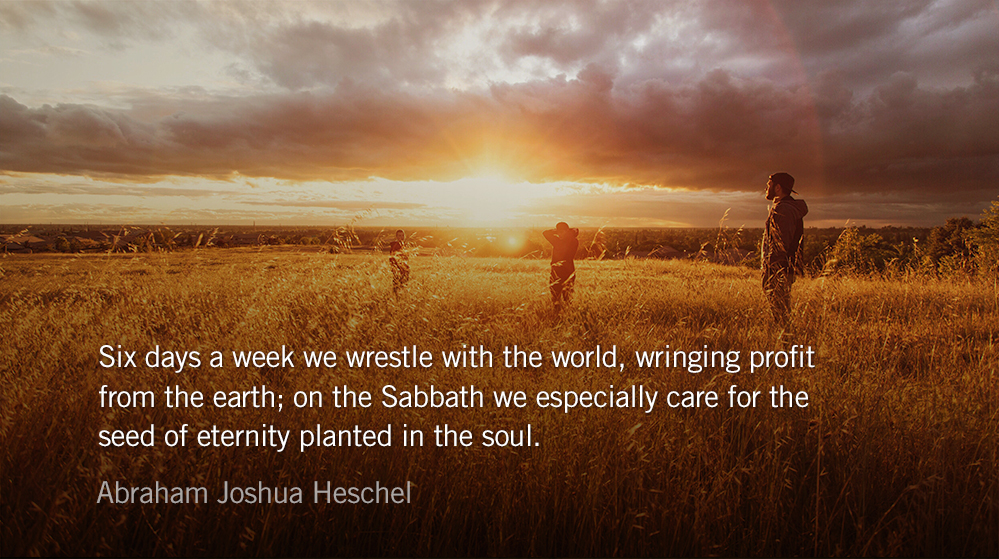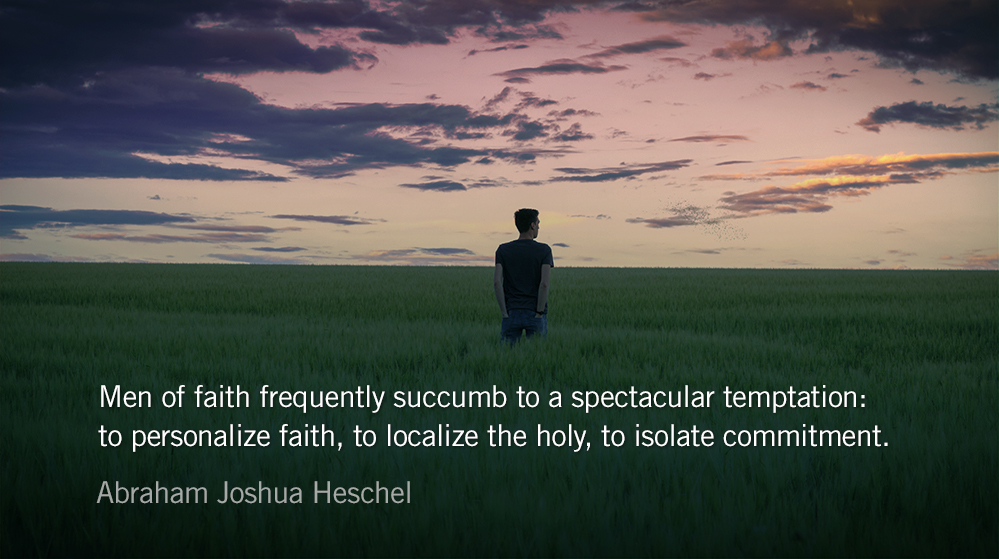Show me a sign of your favor… — Psalm 86.17
What’s too much to ask from God? Surely if there were a limit this prayer would fall outside of it: show me a sign. Prove yourself. It’s as if everything God had done prior in David’s life—anointing him as king, preserving his life, extending radical grace—weren’t enough and now something more was needed. Yet God was not offended by such a request.
“We may feel quite safe in seeking tokens of the kind which are mentioned in this psalm,” Charles Haddon Spurgeon assures in his sermon, Tokens for Good:
And first, we may beg for answers to prayer… There is no fanaticism in expecting God to answer prayer, and there is no misuse of logic in drawing the inference that, if he does hear my prayer in the time of trouble, this is a token for good to my soul.
David’s life had the blessings of God woven throughout it—yet unanswered prayer eclipsed all of this glory, even if momentarily. The doubting king wasn’t meant to feel ashamed of his request for proof. David presented his request because his relationship with God was vibrant and sure. The depth of trust was found in the presence of the request.
God’s past faithfulness spurs greater commitment in the face of unanswered prayer, according to Spurgeon. The great pastor acknowledges God’s grace in his own life—despite its trials—and challenges the faithful to press on, even more, when answers to prayer delay:
I am not too bold when I assert that the Lord has granted me according to the desire of my heart times without number. With overwhelming delight he fills me, for he has had respect unto my cry. His tenderness to me in this respect has made my life singularly happy, though I have had a large share of pain and depression.
At this present be of good cheer. Even if for a while the heavens should seem as brass, and prayer should not be heard, recollect that he did hear you in times gone by, and he is the same God, and changes not, and therefore is hearing still, and will answer by-and-by. Therefore cry mightily to him.
Go on in prayer if you have no immediate answer, and let the answers you have had in years gone by be tokens for good to your soul at this time.
Today’s Reading
Ezekiel 36 (Listen – 6:40)
Psalms 86 (Listen – 1:39)











